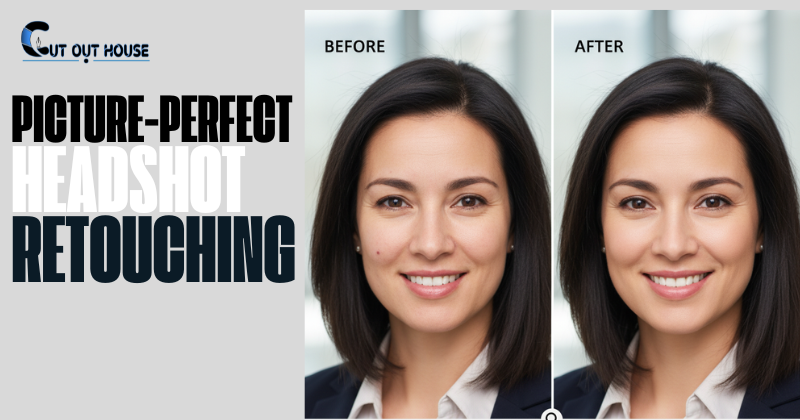Removing the background from a photograph has turned into a significant expertise. Whether you’re a visual creator, photographic artist, or just somebody who needs to upgrade their virtual entertainment presence, understanding how to remove background can take your visuals to a higher level. In this article, we will investigate different strategies and devices to assist you with accomplishing consistent foundation expulsion.
Choose the Right Tool
Several tools are available to remove backgrounds from photos, each with its own strengths and weaknesses. Some popular options include:
a. Adobe Photoshop: A professional-grade software with advanced features for precise background removal.
b. GIMP (GNU Image Manipulation Program): A free, open-source alternative to Photoshop, suitable for users on a budget.
c. Online Tools: Websites like remove.bg and Canva offer user-friendly interfaces for quick and straightforward background removal.
Best Background Removal Tools 2023 (November)
Prepare Your Photo
Before diving into background removal, it’s essential to prepare your photo. Crop and resize the image to focus on the subject. This step helps reduce the complexity of the task and allows for more accurate background removal.
Select the Subject
Use the appropriate selection tool to outline the subject of your photo. As a rule, the “Sorcery Wand” or “Rope” instrument functions admirably for this reason. Guarantee that the choice is basically as exact as could be expected, as this will essentially affect the nature of the eventual outcome.
Refine the Selection
To refine your selection, take advantage of tools like “Refine Edge” in Photoshop or similar features in other software. These tools help smooth the edges and capture fine details, such as hair or intricate patterns, making the final image look more natural.
Use Layer Masks
For non-destructive editing, employ layer masks. This technique allows you to hide or reveal portions of the image without permanently deleting any information. By using layer masks, you can easily go back and make adjustments if needed.
Pay Attention to Lighting
Consider the lighting in both the original photo and the background you plan to use. Matching the lighting conditions ensures that the subject seamlessly integrates with the new background, creating a more realistic final image.
Experiment with Blending Modes
In certain situations, adjusting the blending modes of your layers can enhance the overall look. Experiment with different modes to find the one that best complements your subject and background, creating a harmonious composition.
Practice and Patience
Mastering background removal takes practice. Don’t be discouraged if your first attempts are not perfect. Experiment with different tools, techniques, and settings to discover what works best for your specific photos.
Use Artificial Intelligence
Take advantage of AI-powered background removal tools for quick and efficient results. These tools, like those provided by various online platforms, use advanced algorithms to automatically detect and remove backgrounds, saving you time and effort.
Conclusion
Removing backgrounds from photos is a valuable skill that can enhance the visual appeal of your images. By choosing the right tools, refining your selections, and paying attention to details like lighting and blending modes, you can achieve professional-looking results. With practice and patience, you’ll become proficient in background removal, opening up new creative possibilities for your digital projects.


























